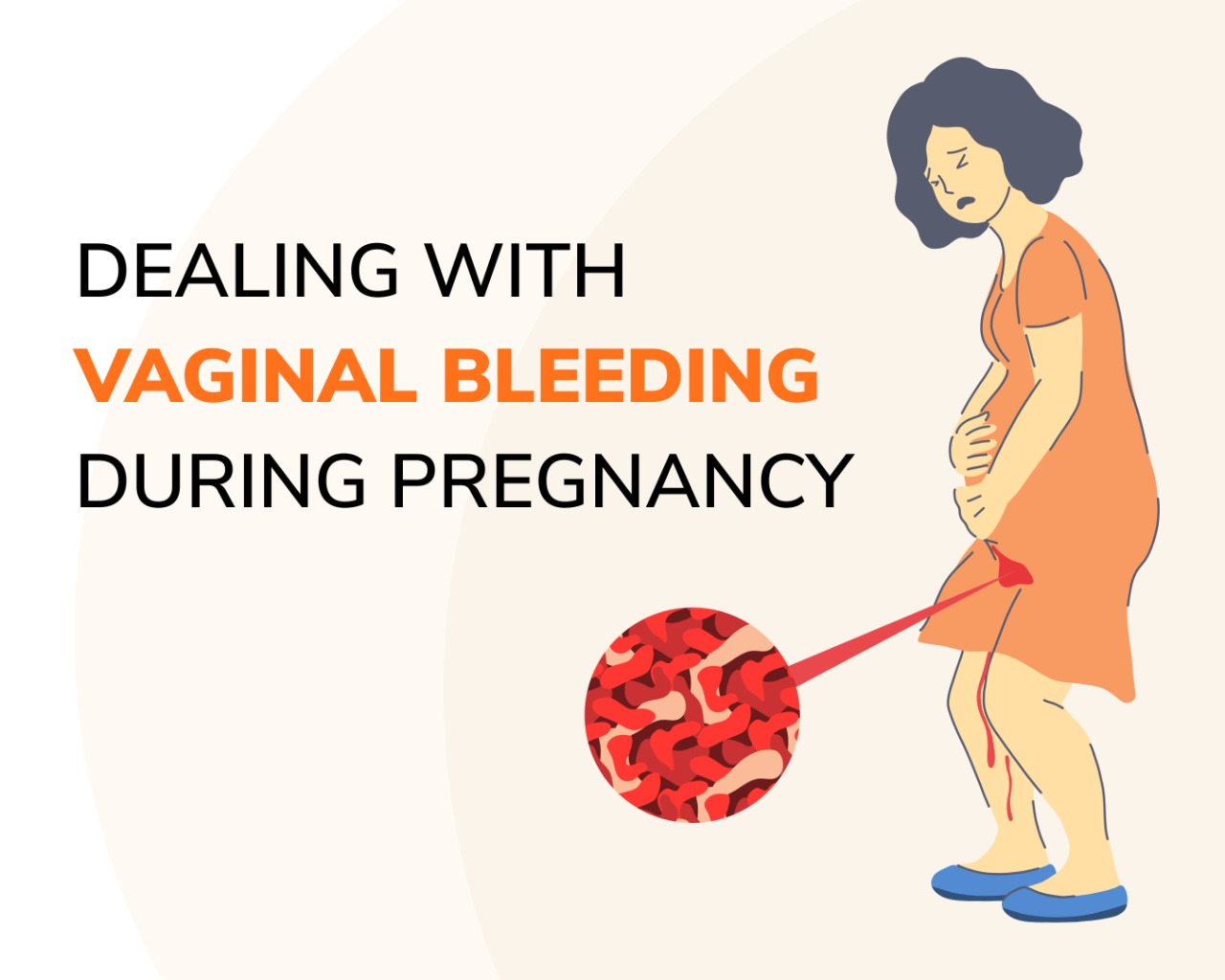Management of bleeding during pregnancy
Management of Bleeding During Pregnancy
Bleeding during pregnancy can be a concerning symptom, but it does not always indicate a serious
problem. Proper management and prompt medical attention are crucial to ensure the health and safety
of both the mother and the baby.
Initial Steps
If you experience bleeding during pregnancy, follow these initial steps:
Contact your healthcare provider immediately to report the bleeding and any other symptoms you are
experiencing.
Rest and avoid strenuous activities, including heavy lifting and exercise.
Avoid intercourse until you have consulted with your healthcare provider.
Keep track of the amount, color, and type of bleeding, as well as any associated symptoms such as
pain or cramping.
Medical Evaluation
Your healthcare provider will likely perform several tests to determine the cause of the bleeding and
the appropriate management. These may include:
Ultrasound: To check the health and position of the pregnancy and to look for any
abnormalities.
Blood Tests: To measure hormone levels and check for signs of infection or other
conditions.
Pelvic Exam: To assess the cervix and uterus.
Possible Treatments
Treatment for bleeding during pregnancy will depend on the cause and severity of the bleeding.
Potential treatments include:
Observation and Rest: In cases of mild bleeding or spotting, your provider may
recommend rest and observation to see if the bleeding resolves on its own.
Medication: Medications may be prescribed to manage certain conditions, such as
infections or hormone imbalances.
Surgical Intervention:
Surgery may be necessary to address few conditions
Hospitalization: For severe bleeding or high-risk pregnancies, hospitalization may
be required for closer monitoring and treatment.
Preventive Measures
While not all causes of bleeding during pregnancy can be prevented, there are steps you can take to
reduce your risk:
Attend all prenatal appointments and follow your healthcare provider's recommendations.
Maintain a healthy lifestyle, including a balanced diet and regular, moderate exercise.
Avoid smoking, alcohol, and illegal drugs.
Manage any underlying health conditions, such as high blood pressure or diabetes, with the help of
your healthcare provider.
When to Seek Emergency Care
Seek emergency medical care if you experience any of the following:
Heavy bleeding or passing large clots
Severe abdominal or pelvic pain
Dizziness, fainting, or feeling lightheaded
Signs of shock, such as rapid heartbeat, shallow breathing, or confusion


